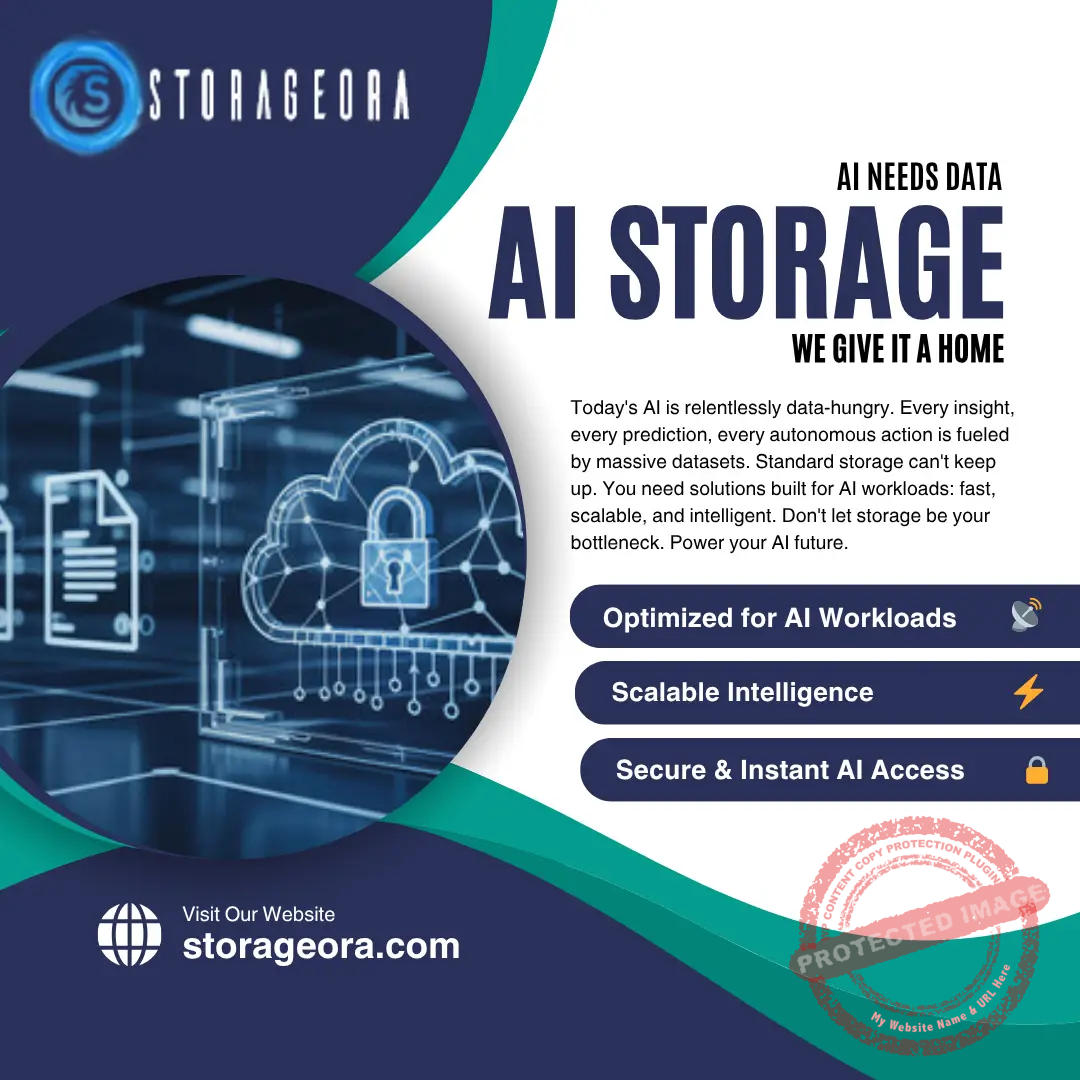As organizations rapidly accelerate digital transformation, Application Programming Interfaces (APIs) have increasingly become essential components of modern business infrastructures. In 2025, Artificial Intelligence (AI)-driven API management represents one of the most impactful technology trends reshaping the digital landscape. Businesses are capitalizing on advanced AI capabilities to automate, optimize, and secure API ecosystems more effectively than ever before. This article explores the latest technology trends in AI-driven API management and their implications for enterprises globally.
Automated API Lifecycle Management
A key innovation in 2025 is the emergence of comprehensive automation across the API lifecycle, fueled by sophisticated AI algorithms. Traditional API management processes—typically reliant on manual oversight—are being replaced by intelligent automation tools capable of managing tasks such as API design, deployment, scaling, and maintenance autonomously.
For instance, platforms now feature intelligent API generation, enabling instantaneous creation of APIs based on predefined business needs and specifications. DreamFactory exemplifies this trend by offering instant AI-driven API generation with automated documentation, testing, and version control. This capability streamlines the integration and deployment processes, dramatically reducing development timelines and improving operational efficiency.
Real-Time AI Analytics and Predictive Insights
AI-enhanced analytics have significantly elevated API management capabilities, offering businesses unprecedented visibility into real-time API performance. AI-powered analytical engines continuously monitor API transactions, proactively identifying bottlenecks, usage patterns, and potential performance issues before they impact end-users.
IBM API Connect has made notable strides by incorporating predictive analytics into its platform. Businesses using IBM’s technology benefit from real-time monitoring combined with predictive insights that anticipate demand fluctuations, enabling dynamic resource allocation and load balancing. This not only ensures optimal performance but significantly enhances the end-user experience through consistent API responsiveness.
AI-Enhanced Security and Threat Detection
As APIs have become primary gateways for data exchange, cybersecurity risks have grown proportionally. To address evolving threats, AI-driven API security solutions now proactively defend against sophisticated cyber-attacks. AI algorithms detect anomalies and suspicious behavior in API traffic instantly, enabling real-time response to potential threats.
Leading API management providers, including IBM and Google Apigee, are integrating advanced AI-driven threat detection mechanisms into their solutions. For instance, IBM leverages advanced machine learning models capable of dynamically adapting to evolving threat patterns, offering businesses a comprehensive and proactive security posture. This robust security framework ensures regulatory compliance and safeguards sensitive data, enhancing trust with users and stakeholders alike.
Adaptive API Architectures for Autonomous AI Agents
Another groundbreaking trend for 2025 is the shift toward adaptive API architectures designed specifically to support autonomous AI agents. As AI-driven agents become more prevalent in enterprise operations, APIs must dynamically adapt to handle intelligent, autonomous interactions effectively. This represents a significant departure from traditional static API architectures.
Recent research highlights this trend, noting the need for APIs capable of dynamically adjusting parameters and operations based on real-time, goal-oriented AI agent behaviors. Such adaptive architectures are crucial in enabling seamless, automated interactions between intelligent agents and backend systems. Businesses adopting these adaptive APIs gain significant operational flexibility and enhanced efficiency in integrating complex AI-driven workflows.
Multi-Cloud Integration and Unified API Governance
With increased reliance on multi-cloud environments, organizations require API management platforms capable of seamlessly integrating diverse cloud ecosystems. AI-driven API management solutions in 2025 will significantly enhance their ability to uniformly govern and optimize API interactions across multiple cloud infrastructures.
IBM’s API Connect exemplifies this capability by providing centralized governance and optimization across hybrid and multi-cloud deployments. Its AI capabilities enable real-time analytics across disparate cloud platforms, ensuring consistent performance optimization and streamlined management regardless of underlying cloud environments. Businesses benefit immensely from simplified management, reduced complexity, and increased agility in responding to evolving business needs.
Democratization of APIs through Natural Language Processing (NLP)
In a notable evolution, AI-powered Natural Language Processing (NLP) technologies are democratizing API access and management by significantly simplifying developer interactions. NLP-driven interfaces allow developers, even those with limited API management experience, to create, query, and interact with APIs using conversational language.
This user-friendly innovation lowers the entry barrier for non-technical stakeholders, facilitating broader enterprise adoption and collaboration around API initiatives. NLP-driven API management accelerates innovation by enabling easier integration and interaction, encouraging more widespread experimentation and creativity across organizations.
Business Implications and Benefits
The rise of AI-driven API management in 2025 delivers profound business benefits, including increased operational efficiency, enhanced security, and improved agility:
- Enhanced Operational Efficiency: Automation across the API lifecycle reduces manual tasks, freeing IT teams to focus on strategic initiatives.
- Proactive Security and Compliance: AI-driven security ensures comprehensive threat protection, regulatory compliance, and data integrity.
- Improved Customer Experience: Real-time analytics and predictive insights ensure consistently optimal API performance, boosting customer satisfaction.
- Accelerated Innovation: Adaptive architectures and simplified NLP-driven interfaces enable faster experimentation, quicker market deployment, and more dynamic product development.
Top Vendors Leading the Charge
Prominent technology vendors at the forefront of AI-driven API management in 2025 include:
- IBM Corporation (IBM API Connect): Leading with predictive analytics, adaptive architectures, and advanced security frameworks.
- Google (Apigee): Renowned for AI-enhanced analytics, proactive threat detection, and robust multi-cloud governance.
- MuleSoft (Salesforce): Known for its intelligent API automation, adaptive integration capabilities, and streamlined multi-cloud management.
In summary, AI-driven API management will transform enterprise IT landscapes in 2025. Organizations adopting these advanced technologies gain significant competitive advantages through operational efficiency, superior security, and enhanced innovation capabilities. As businesses continue embracing this trend, AI-driven API management promises to become a foundational element for sustained digital success in the years ahead.
Rene Archambault
Co-Editor – Tech Online News – Canada
Cloud Computing
www.techonlinenews.com
Samantha Cohen
Co-Editor – Tech Online News – Canada
End Computing
www.techonlinenews.com
Post Disclaimer
The information provided in our posts or blogs are for educational and informative purposes only. We do not guarantee the accuracy, completeness or suitability of the information. We do not provide financial or investment advice. Readers should always seek professional advice before making any financial or investment decisions based on the information provided in our content. We will not be held responsible for any losses, damages or consequences that may arise from relying on the information provided in our content.





 AMD
AMD TMC
TMC IE
IE MSI
MSI NOK
NOK DELL
DELL ECDH26.CME
ECDH26.CME